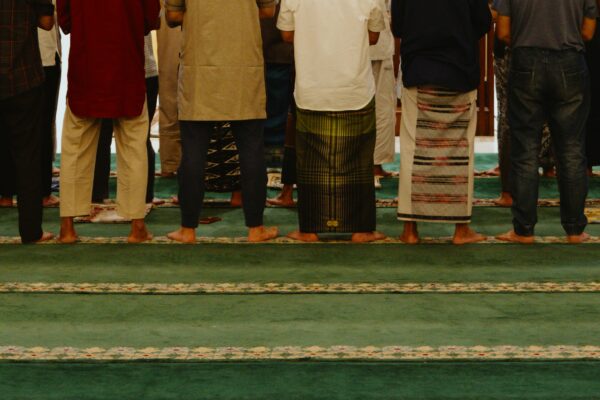The guide tackles issues such as healthy eating, later life, cancer, and mental wellbeing.
The guide tackles issues such as healthy eating, later life, cancer, and mental wellbeing.
The government is teaming up with mosques in the UK to promote a healthy lifestyle throughout communities.
Islam considers health to be one of the greatest blessings provided by God. Prophet Muhamad said, “There are two blessings which many people do not appreciate: health and leisure”. Preservation of health is essential in making the most of our lives and this requires us to make healthy choices and decisions.
Historically places of worship were at the heart of the community; they were a centre for prayer, a meeting place, an educational institute, a place of social activities and a place of rest. Even today, mosques play an important role as they bring people together and can provide a great way to share important health information with the community that can help people live healthier and prevent disease.
Many prominent health problems that are seen today are easy to prevent by a simple change in behaviour. These changes can include eating in moderation, stopping smoking, and increasing physical activity. As such, it is important for mosques and Islamic centres to inculcate ways and promote methods of minding health and looking out for any problems.
It is with a realisation of this obligation that Public Health England have teamed up with Birmingham City Council and KIKIT Pathways to Recovery to produce ‘A Guide to Healthy Living: Mosques’
This document consists of consistently arising health problems that need to be tackled and also cites examples of ways in which mosques and Islamic institutions are aiming to eradicate these health problems.
During the month of Ramadan for example, The KSIMC of Birmingham encouraged congregants to bring in salads from home to be shared communally when opening the fast. This initiative proved so popular that it led to an informal competition for the best salad of the month. This encouraged everyone to participate through swapping recipes and promoted an ethos of sharing and engaging the community about what they are eating and making healthier food choices.
Along with obesity, the guide tackles issues such as later life, cancer, and mental wellbeing. The full guide is available here.





